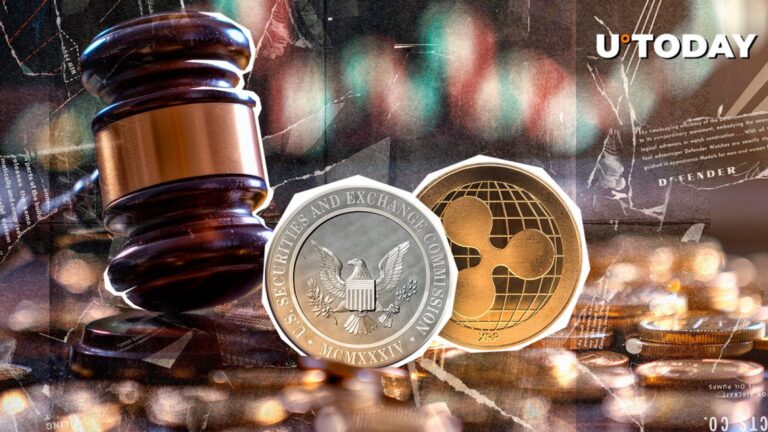In a recent development in the California Ripple lawsuit, a U.S. District Court judge has issued orders on several claims, adding further clarity to an ongoing lawsuit in which plaintiffs allege securities law violations by crypto companies. Those involved in the XRP lawsuit plan to negotiate a settlement as the court prepares for a pretrial conference on December 19th and jury selection on January 21st, 2025.
Judge Hamilton’s decision was primarily in favor of the plaintiffs, granting orders on four claims under the Daubert Rule. The court denied Ripple’s motion to exclude the testimony of plaintiffs’ expert Jeremy Clark, but also denied Ripple’s attempt to exclude the testimony of Saifedine Amos.
related
Conversely, the court granted the plaintiffs’ motion to exclude the testimony of defendants’ expert Alan Schwartz and Ripple’s motion to exclude the testimony of plaintiffs’ expert Joel Seligman.
Condition level details
Although Ripple argued that Mr. Clark lacked special expertise regarding XRP, the court found Mr. Clark’s report reliable, stating that the He emphasized that this is advantageous for the company. The judge noted that experts Ferrell and Amos’ dissenting opinions on whether Ripple’s actions affected the price of XRP would be decided by a jury at trial.
related
As it stands, legal expert Fred Rispoli warned that there continues to be uncertainty regarding XRP’s classification at the state level. He said the California lawsuit under state law does not directly impact the SEC v. Ripple case under federal law.
That may be true. I’ve been in the dark about this civil lawsuit in California, so I need to get updated on what’s going on. The issue that is still being litigated is $XRP Securities under state law.
— Fred Rispoli (@freddyriz) October 27, 2024
This is a big problem because Judge Torres said Ripple’s sale of XRP to institutional investors violates federal securities laws. However, sales to individual investors in the secondary market were not considered securities transactions.


